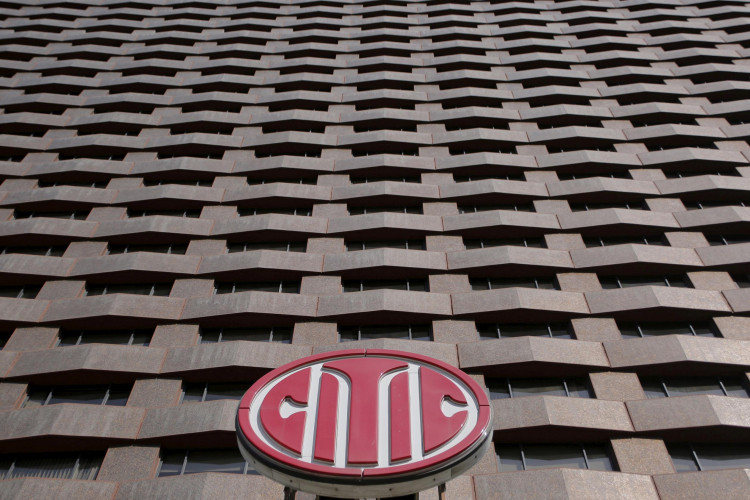China's cash-depleted companies have turned to the equity market three years after the country kicked off its financial leverage clampdown. Its reason: to get more funding.
This year, companies raised a combined 555 billion yuan ($79 billion) by selling shares and equity-like securities, up 9.4 percent year-on-year, according to data compiled by Bloomberg as of October 31.
The forthcoming sale of shares- including what may be the biggest listing in China since 2015- indicates that the number is well on target to surpass the amount of last year.
Following last year's financial crunch, Chinese securities regulators have relaxed policies to alleviate domestic firms' funding obstacles.
With less than a third of the nearly $3 trillion in funding from equity issuance the previous year, regulators ensured that the capital markets of the country have been a priority for Beijing.
"The government has sent a clear message that it is willing to create an equity capital," Jiang Liangqing, a finance manager at the Ruisen Capital Management, disclosed.
"Seeing equity funding plays an important role would lift the pressure off of corporate debt and cut the burden on financing," Jiang said.
This year, authorities unveiled a series of initiatives to promote equity sales, a push that accelerated after China named a new chief of securities in January.
Measures include a Shanghai venue with fewer restrictions on pricing and trading, a revamp of China's largest over-the-counter stock exchange, and a policy that allows certain companies to be listed backdoor on the ChiNext board.
Last year, China's shares shed $2.1 trillion, the world's largest shareholder wealth wipeout, as a worsening economy, the U.S.-China trade discord, and the deleveraging drive combined to undermine trust.
The reaction from stockholders was also upbeat: when the first batch of 25 companies started trading in July, the StarBoard paved the way for fanfare, with stocks rising by an average 140 percent.
A series of fresh offerings also sparked a frenzy on the convertible bond market, with deals over-signed hundreds- and sometimes thousands- of times.
For the final quarter, the momentum remains strong. Postal Savings Bank of China Co. will be pricing its Shanghai listing on Tuesday, the largest initial public offering on the onshore market since the stock bubble burst in 2015.
In October, ZTE Corp. obtained regulatory approval to put a private stake of up to 13 billion yuan. Next to credit, which is at a historic 9.8 trillion yuan so far this year, stock issuance is still small.
Meanwhile, Ming Ming, an analyst at CITIC Securities, foresaw a gradual boost from special-purpose bonds to communications and infrastructure projects.
About 6.8 billion yuan of special-purpose bonds have been used as funding to support nine projects related to communications, railways, and airports.





